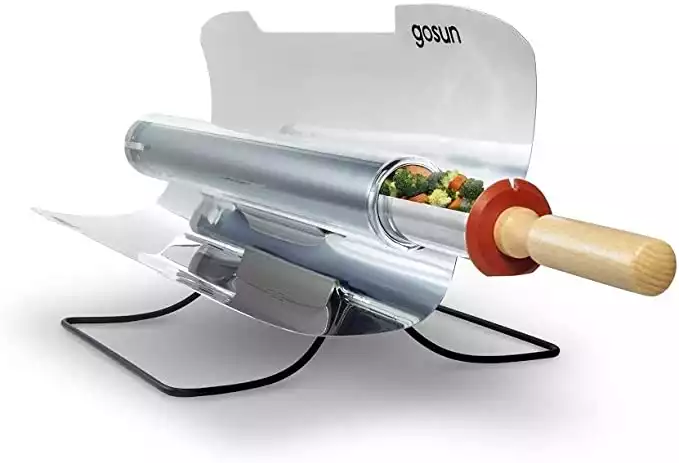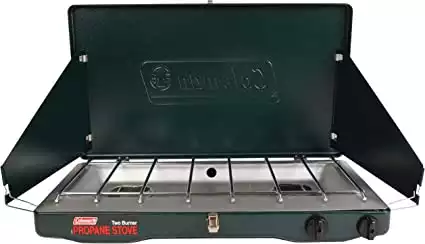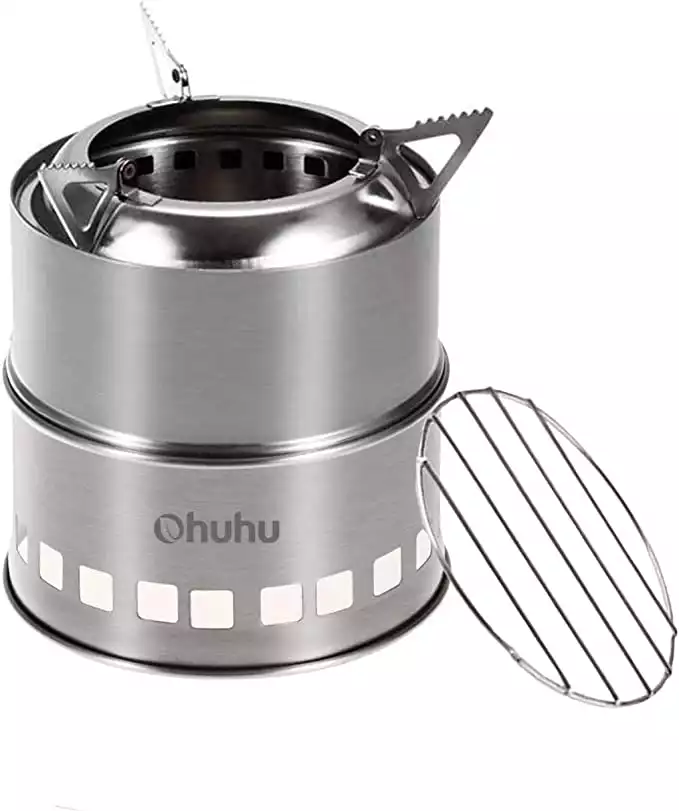Outforia Quicktake: Key Takeaways
- Solar cookers offer an eco-friendly alternative to gas and wood stoves, relying solely on sunlight to cook food, sterilize water, and reduce one’s carbon footprint.
- There are three types of solar cookers: box-style cookers, parabolic solar cookers, and panel solar cookers, each with their own unique features and advantages for outdoor cooking.
- Solar cookers are generally safe, portable, and cost-effective. However, their effectiveness depends on the availability of sunlight and may require longer cooking times compared to traditional stoves.
- While solar cookers have numerous benefits, it’s essential to consider their limitations and have alternative cooking methods on hand to ensure a successful and enjoyable camping experience.
Three Types Of Solar Cookers
Box-style cookers.
Parabolic solar cookers
Panel solar cookers
How Do Solar Cookers Compare To Other Cooking Methods?
Solar Cooker Vs. Gas Stove
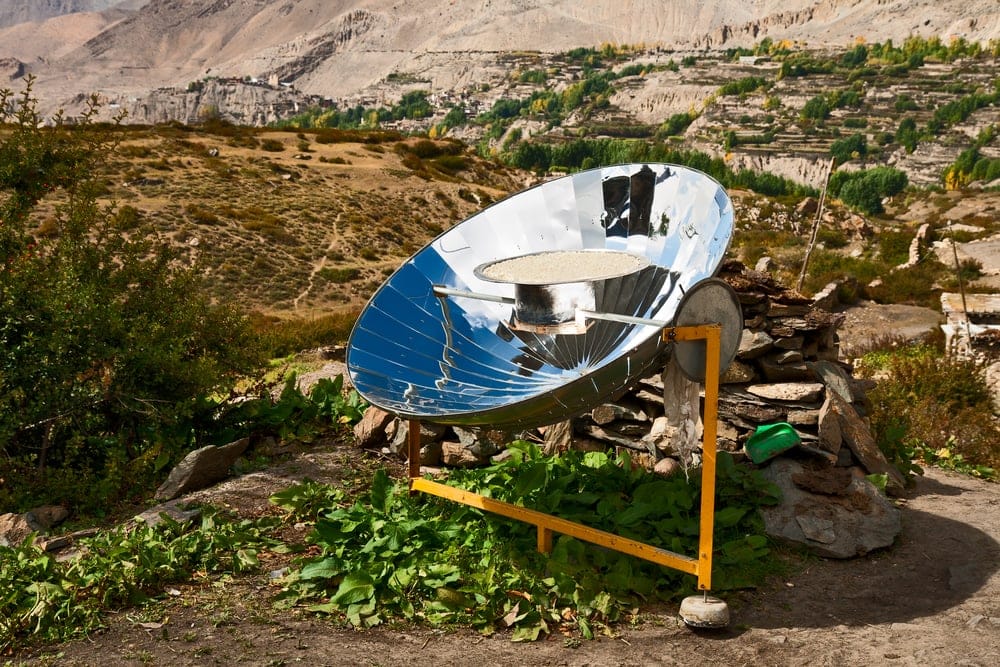
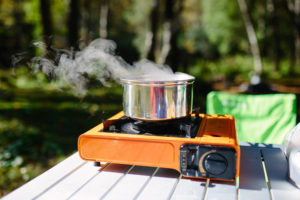
Ease Of Use
Dangers
Portability
Solar Cooker Vs. Wood Stove

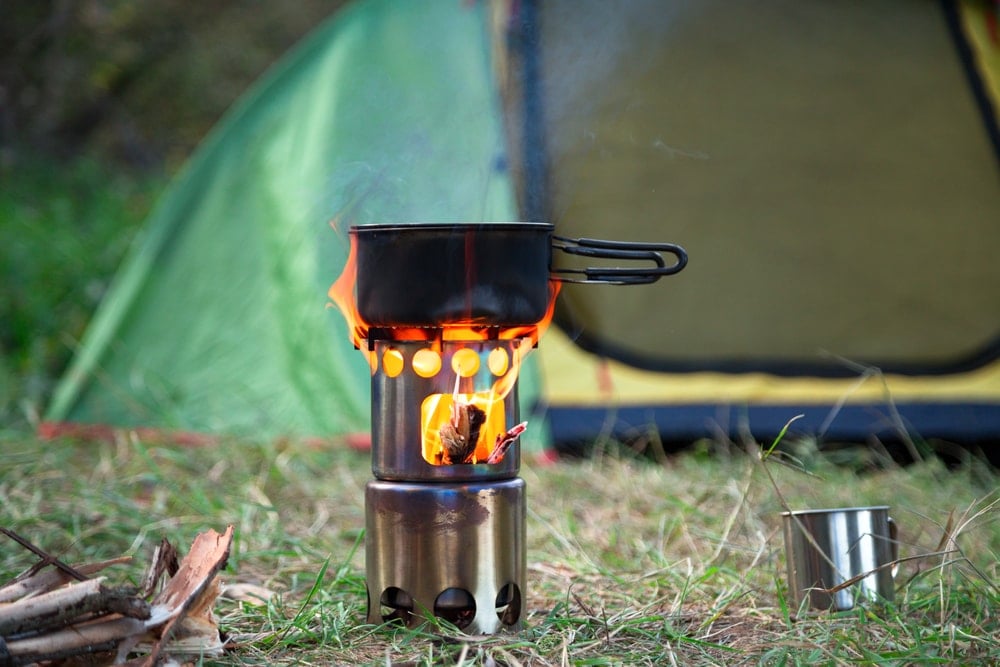
Ease Of Use
Dangers
Portability
Is A Solar Cooker Worth It?
Related Questions
What’s the difference between a solar cooker and oven?
Solar ovens and solar cookers are basically the same thing. They are both devices that collect sunlight to use as a source of heat for cooking.
Can you use a solar cooker to sterilize water?
You can use a solar cooker to sterilize water because it does reach hot enough temperatures to be able to do this.
Can you make your own solar cooker?
One of the great things about solar cooking is that you don’t have to purchase a solar cooker – you can make your own. This video tutorial by GearUp shows you how with a lot of materials you probably have lying around the house.



